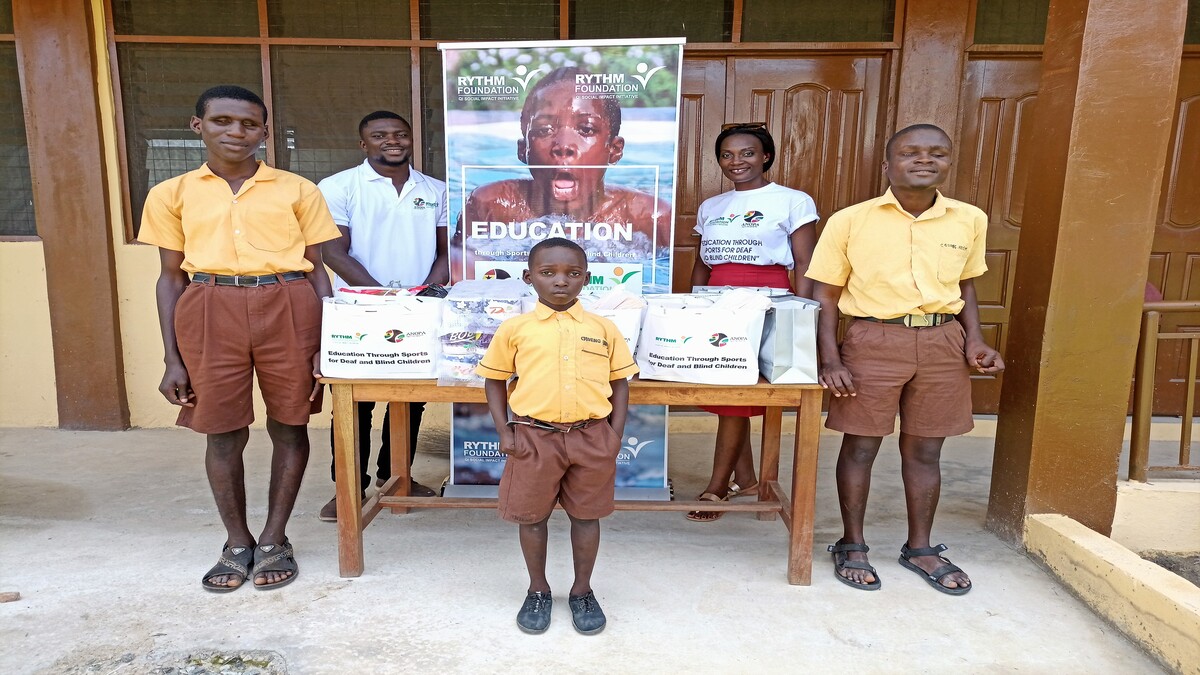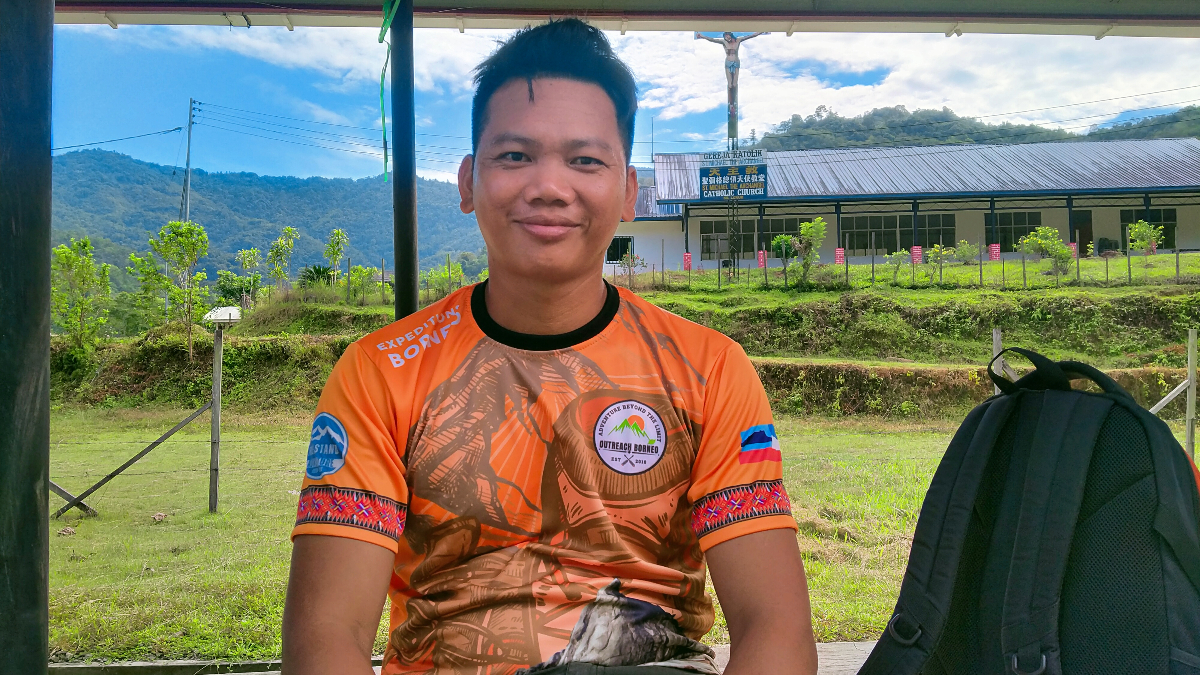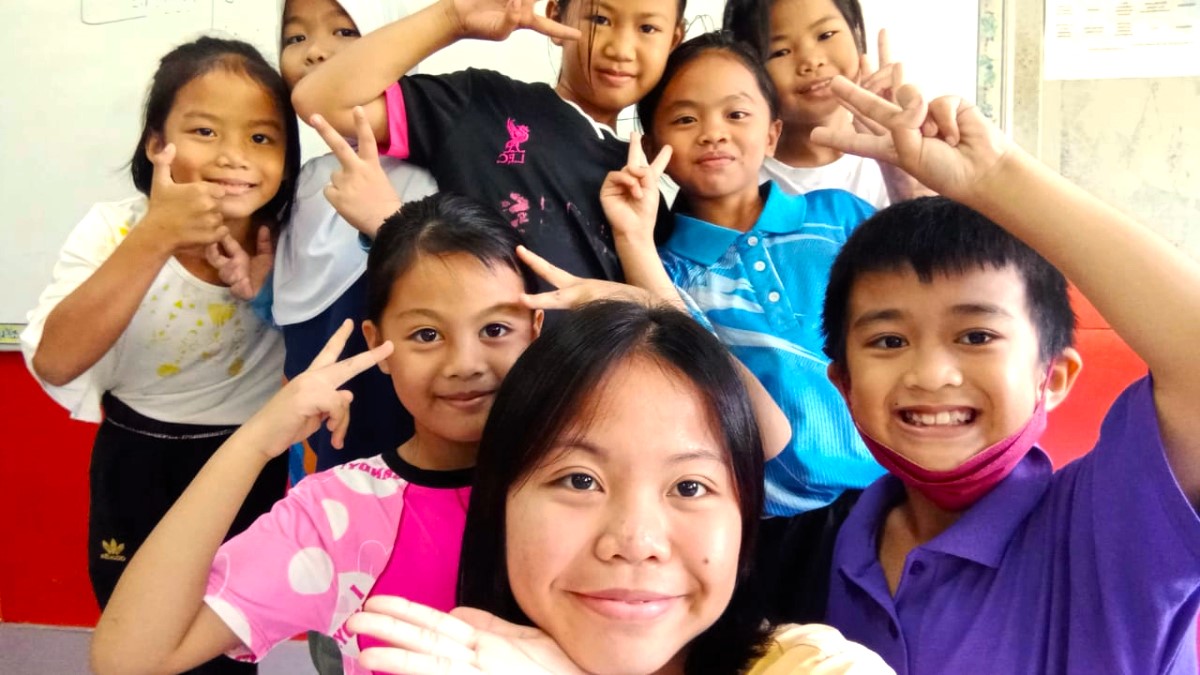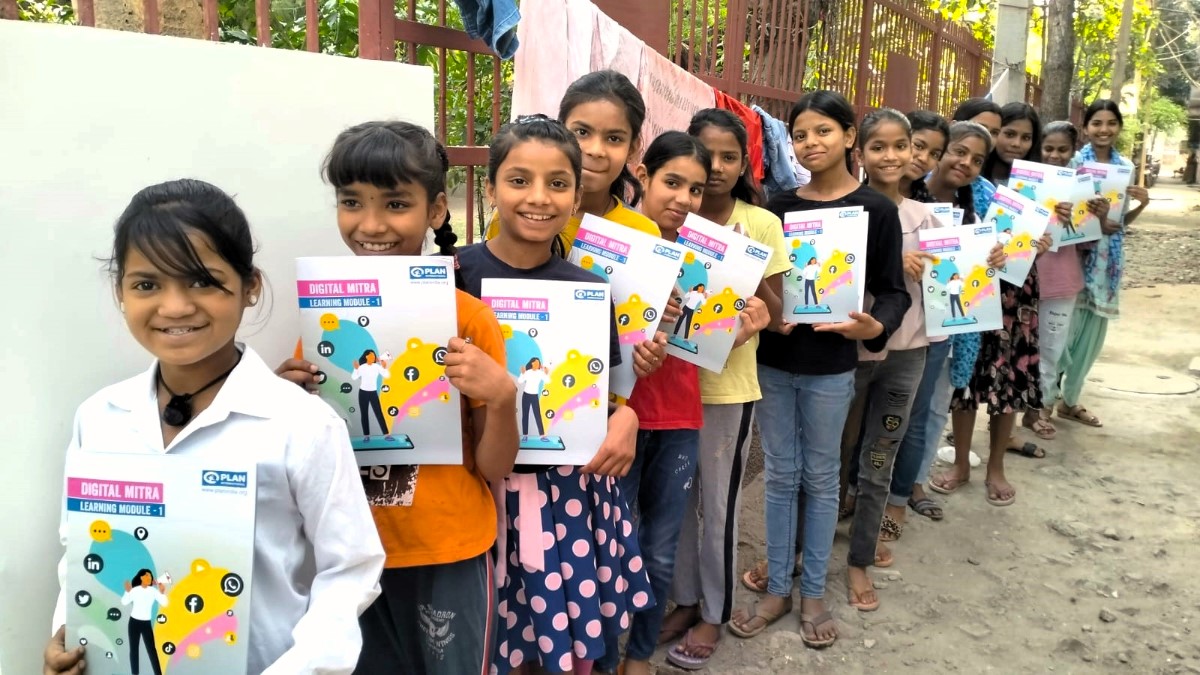Children with disabilities are among the most disadvantaged when accessing inclusive education in Ghana because it often overlooks them in responses to schooling children or otherwise.
According to research, one child in every five with a disability, between the ages of six and 24, has never attended school. Those in school, however, face stigmatisation and discrimination.
Though these challenges are global, they are especially acute in West Africa. For example, an assessment conducted in five Ghanaian districts showed that awareness-raising, screening, and teacher training are vital activities needed to increase the enrollment of children with disabilities and keep them engaged and learning in class (UNICEF).
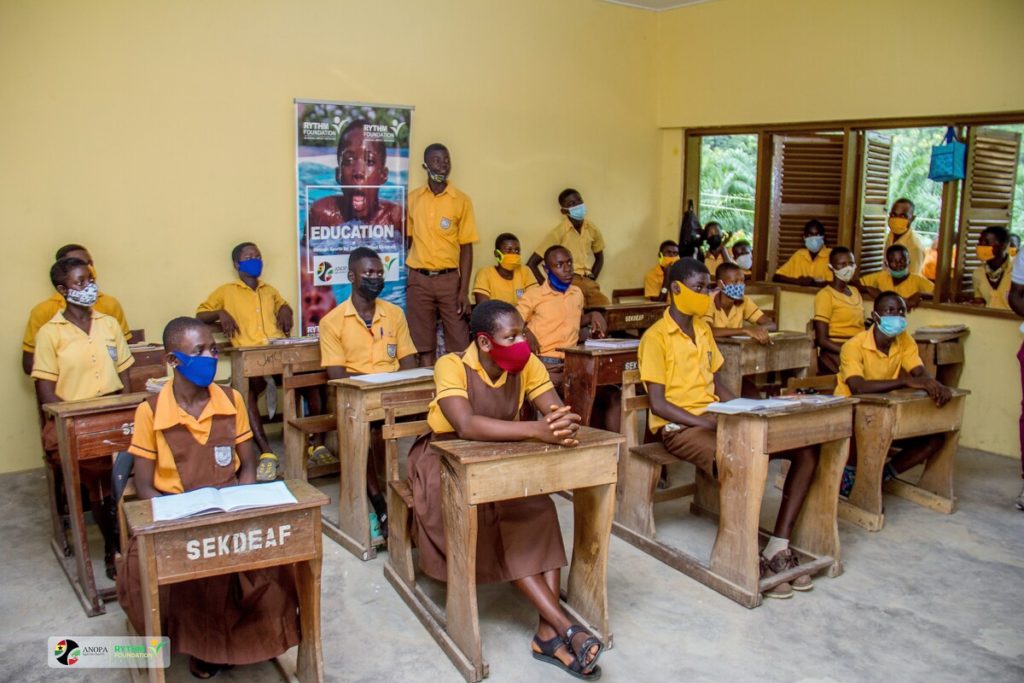
Other factors, such as long distances from school, lack of or limited infrastructure, and unfavourable learning environments, lead to high rates of erratic attendance, prolonged absenteeism, and dropping out.
In places like Southern Ghana’s Cape Coast, children with disabilities growing up relegated by the community and lacking opportunities to enrol in academic programmes or sports is especially evident.
However, the Cape Coast-based NGO, The ANOPA Project (ANOPA), strives to change this venerable narrative.
From Stigmatisation to Self-esteem
While the enrolment rate of children with disabilities at the Ghana National Inclusive School (GNIS) has been encouraging, staffing shortages forced the school to sideline Physical Education (PE) for a time – until ANOPA stepped in.
“We are thankful for the timely intervention by ANOPA. Although we have teachers inclined to coach PE, we could not spare the educators to teach PE because of our increasing student numbers,” says principal Susanna Holdbrook.
ANOPA supports youngsters with disabilities by promoting community sensitisation through sports, quality education, educational support services, enrolment into special education needs schools, and vocational training. The organisation also seeks to increase interactions between persons with and persons without disabilities to promote inclusion, awareness, and understanding.
RYTHM Foundation, the QI Group’s social impact initiative, contributes to ANOPA’s sports-focused educational programme for children to train in games like swimming, basketball, and volleyball to encourage their inclusiveness in society.
This collaboration also includes free vocational and technical training courses for youth in the country’s central region.
The Foundation’s assistance and funding for ANOPA’s projects are gradually changing the narrative for the ostracised and sidelined children and youth, says its executive director, Ernest Appiah.
“Educating children with disabilities is central to our work and that of RYTHM. However, we would not be able to change the lives of many of our beneficiaries without RYTHM’s immense support.”
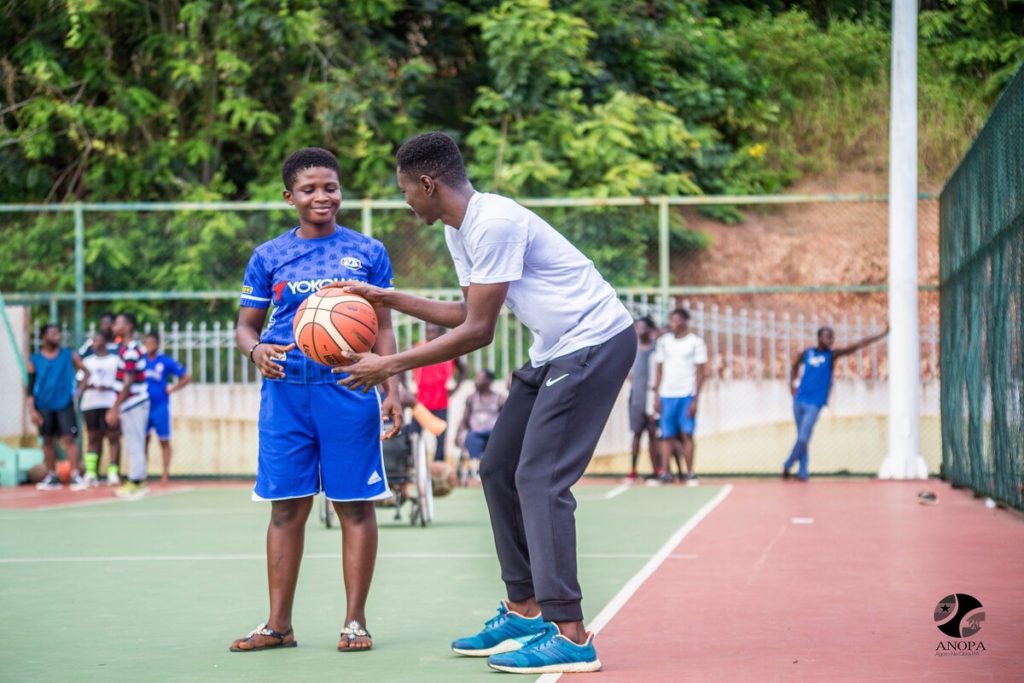
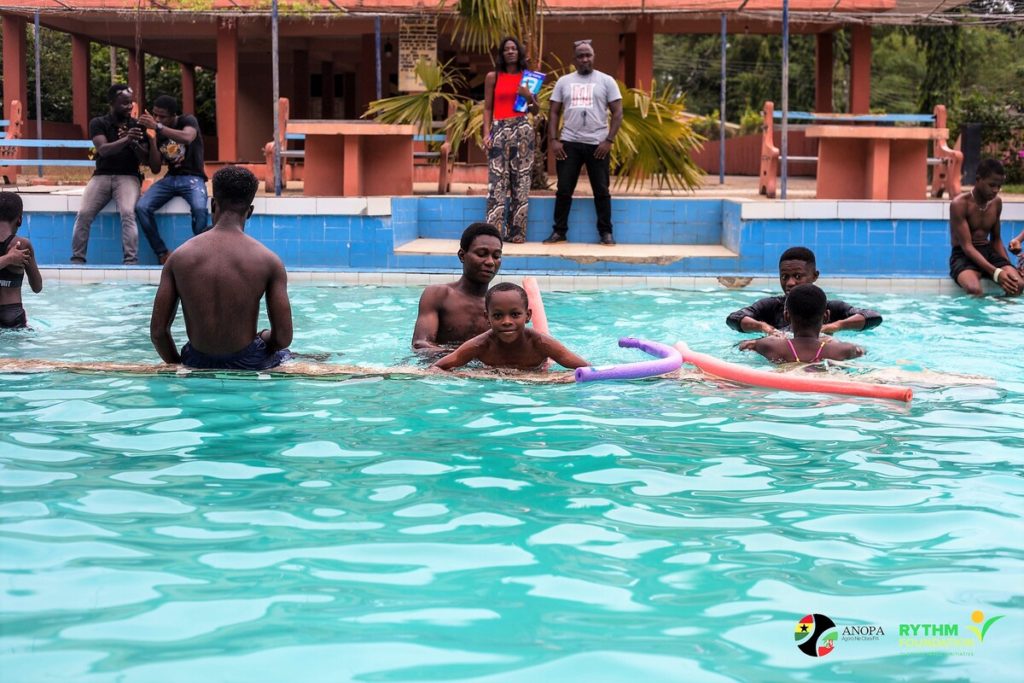
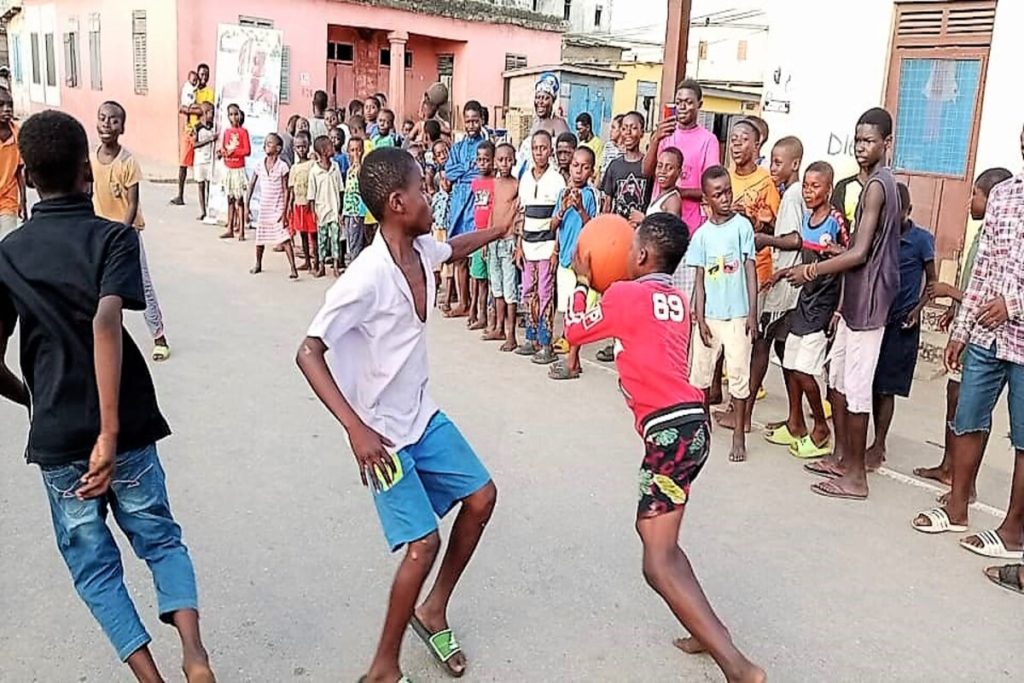
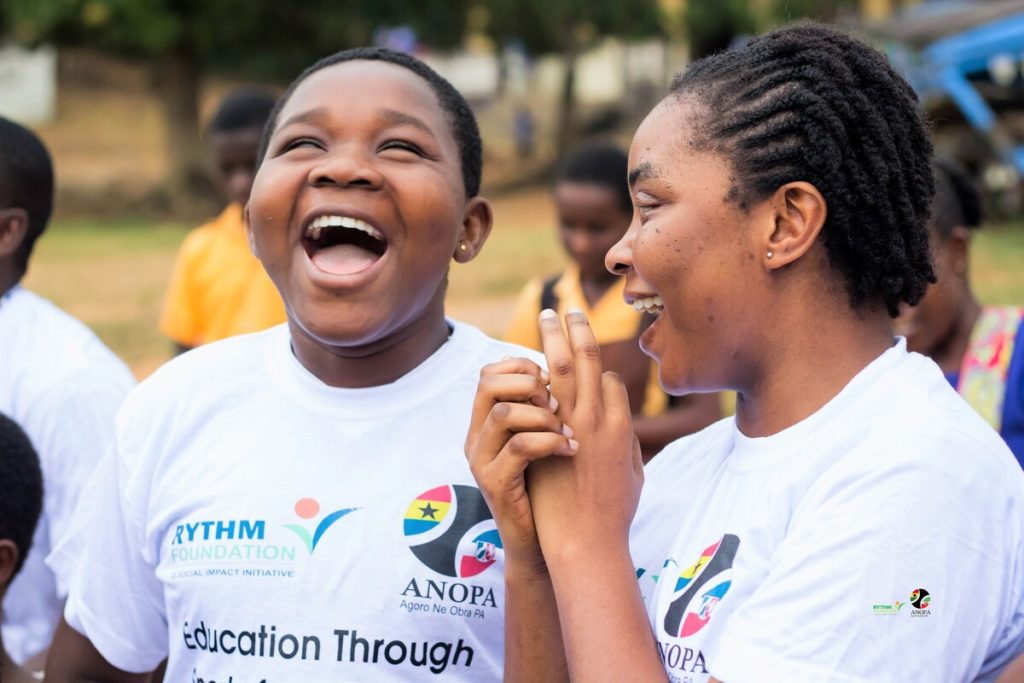
RYTHM’s efforts to help deserving communities mirror several of the United Nations’ Sustainable Development Goals (SDGs), a set of targets for all countries to end poverty and other deprivations. For example, our support of inclusive education in Ghana contributes to SDG 17, highlighting the importance of global macroeconomic stability and the need to mobilise financial resources for developing countries from international sources.
Susannah says that the intervention programme has shown tremendous results; the children are more active and excited about physical activities like running and football. “We are thrilled about working with ANOPA and RYTHM to help children with the potential to develop their interest in these and other sports,” Susannah adds.
She is thankful to the organisations “for the laudable things you are here to do. The positive impact the initiatives have on the children is immeasurable.”
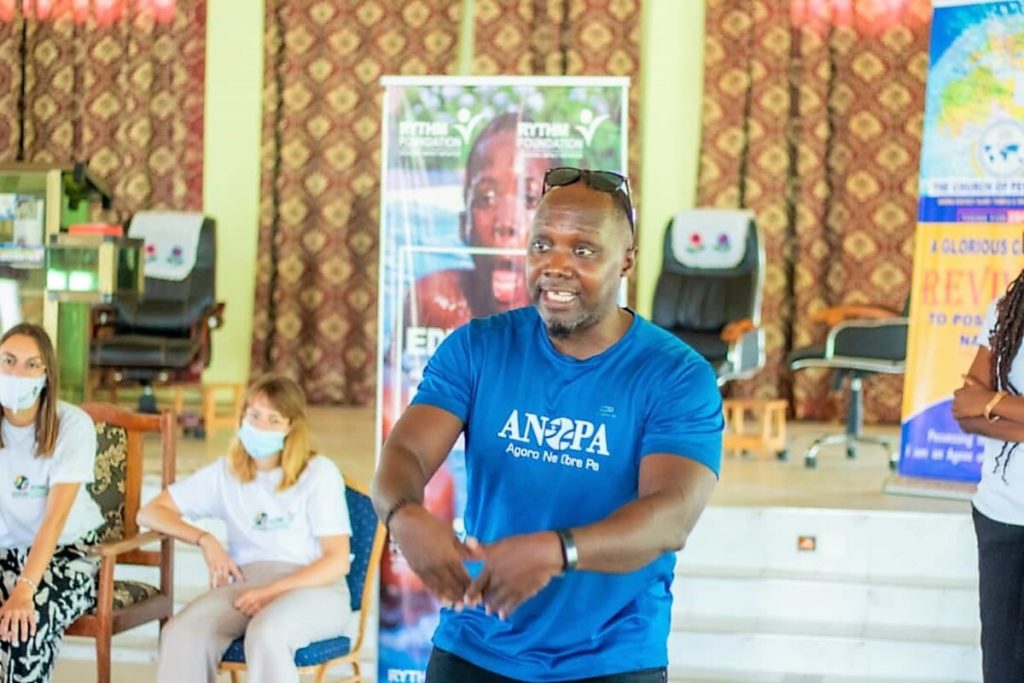
The school’s assistant principal, Mr Yeboah, echoes Susannah’s praise of the initiative. He relates a pleasing account of how the NGO had left a mark on the students, “Once, when the ANOPA team was delayed, the children kept asking about them. The children’s excitement when the team arrived was inspiring! This is the power of ANOPA’s presence.”
The inclusiveness ANOPA encourages through its programmes in the school is apparent. As a result, the children are highly motivated and more confident.
“Once, a student who is blind sang her heart out in a solo performance,” Mr Yeboah recalls. “Although I have been with this school for several years, I had no clue how talented she is. We are truly proud of the strides we have achieved with our students.”
The Power of Play
While inclusiveness for children with disabilities ensures equal opportunities to participate in all aspects of education and life, ANOPA’s work at GNIS has left a lasting impression among its typically-abled students.
“Before ANOPA, I was afraid of a person who is blind because people said if you touch them, you can lose your eyesight. However, I realised that was false when we played football and had physical contact,” says Class 6 student Emmanuel Ray Arthur.
“ANOPA has taught me that we are all human, and we should not ignore each other. So, I am happy to be a part of this programme.”

